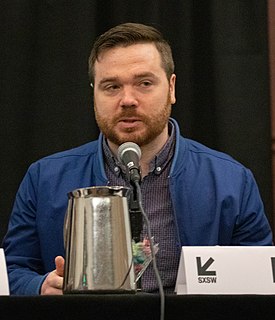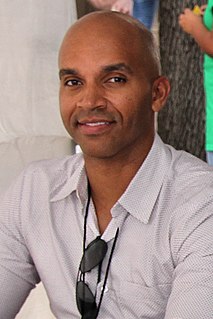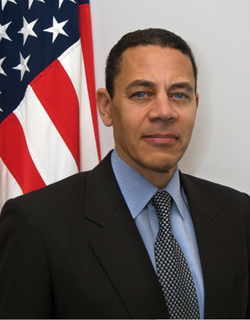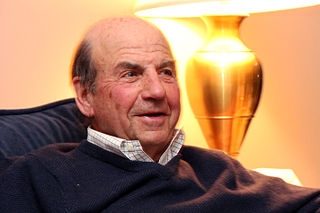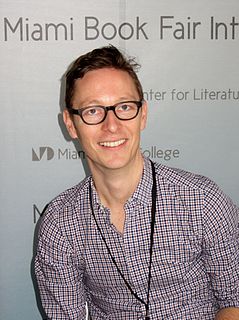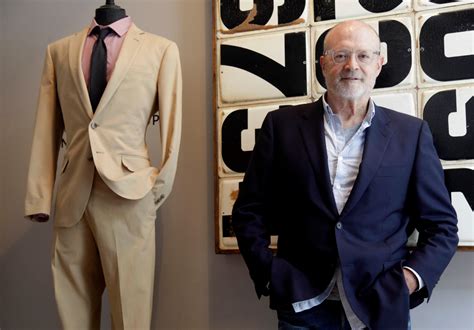A Quote by Hope Jahren
Like all professors, I also do a lot of extra jobs for which I was never trained, such as advising former students as they navigate the wider world.
Related Quotes
In some of the classes, especially the introductory religion courses I took, the professors can veer into a particular strain of religious anti-intellectualism. Professors typically aren't given tenure at Liberty, so there's pressure to hew to the party line on religious and social issues. I didn't see a whole lot of my professors encouraging critical thinking among their students. Which isn't to say that students don't engage critical thinking skills at Liberty - just that it wasn't part of my classroom experience there.
Some conservatives have expressed outrage that the views of professors are at odds with the views of students, as if ideas were entitled to be represented in proportion to their popularity and students were entitled to professors who share their political or social values. One of the more important functions of college that it exposes young people to ideas and arguments they have not encountered at home is redefined as a problem.
Much of the message that I try to put across to students is that they have to figure out what they really like to do and find a way to do that as an adult for their jobs. A lot of people have jobs they don't like, and it makes for very unhappy people. So I tell them if you like to write, or run around, or dig in the dirt, then find a job that will allow you to do that, and you'll be happy.
A lot of my students have been quite notable. Notable in both the personal sense - people who have changed my life - and notable in that many have gone on to enormous success in their writing careers. Whether or not I had a lot to do with those success stories, I'm very proud and happy for my former students getting on the map.
Today in America many people are living in a virtual world. They enter it through an internet access device and they navigate freely around it, and those people who learn how to navigate better in that space are finding that they have better access to information about jobs and education and all the good things that our society produces.
[My advice] will one day be found
With other relics of 'a former world,'
When this world shall be former, underground,
Thrown topsy-turvy, twisted, crisped, and curled,
Baked, fried or burnt, turned inside-out, or drowned,
Like all the worlds before, which have been hurled
First out of, and then back again to Chaos,
The Superstratum which will overlay us.
Most of these students are so conditioned to success that they become afraid to take risks. They have been taught from a young age by zealous parents, schools, and institutional authorities what constitutes failure and success. They are socialized to obey. They obsess over grades and seek to please professors, even if what professors teach is fatuous. The point is to get ahead, and getting ahead means deference to authority. Challenging authority is never a career advancer.
Over the past 20 years, I have noticed that the most flexible, dynamic, inquisitive minds among my students have been industrial design majors. Industrial designers are bracingly free of ideology and cant. The industrial designer is trained to be a clear-eyed observer of the commercial world - which, like it or not, is modern reality.
Many people, including myself, thought of Jobs as an inventor, an Edison-like figure, but he wasn't. I did a documentary on James Brown recently; and, oddly, I found a lot in common between Jobs and Brown. Jobs was also a fantastic performer, put on an extraordinary live show at his product launches, but he could also be ruthless, cruel and totally self-aggrandizing. And just as Brown surrounded himself with the very best musicians, Jobs understood the importance of hiring the absolutely most talented people and knew how crucial they were to the success of what he was trying to do.

